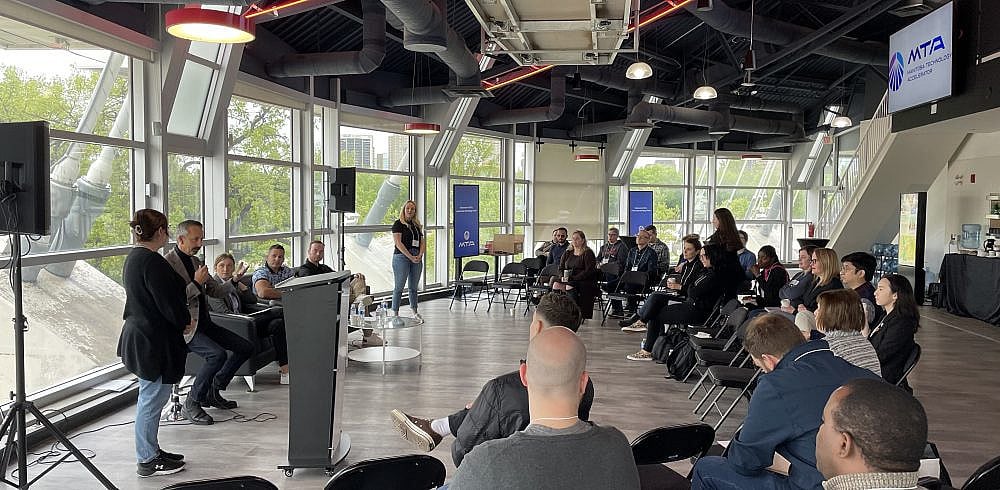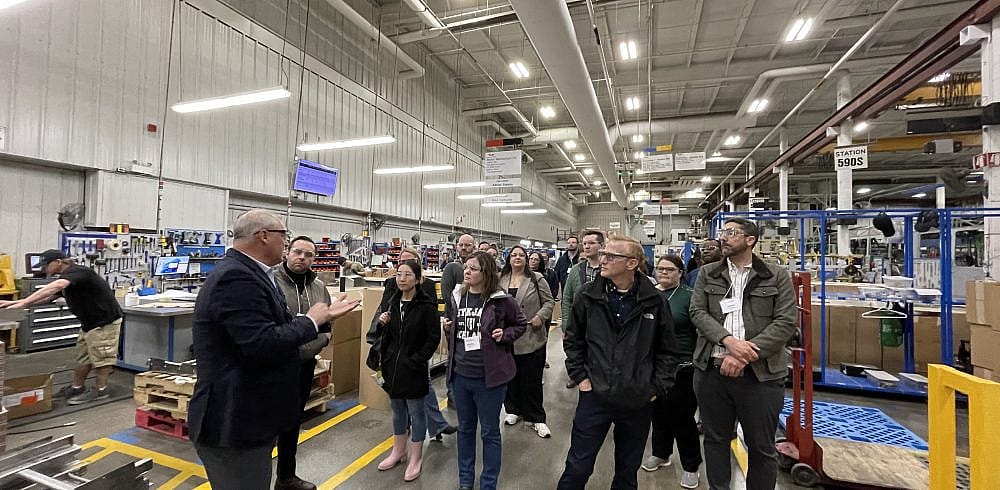4-minute read
Written by Jamil Ahmed, Policy and Research Analyst
On October 11, 2022, the provincial government introduced legislation required to implement its 2022 Budget – called the budget implementation and tax statutes amendment act (BITSA for short).
With BITSA, the government is moving forward with several promised enhancements and tax reductions that affect business.
Increasing the total exemption and lowering rate thresholds under the Health and Post-Secondary Education Tax Levy Act (often referred to as the “payroll tax”)
Effective January 1, 2021, the exemption threshold for the Health and Post-Secondary Education Tax Levy (HE Levy) was increased from $1.25 million to $1.5 million of annual remuneration and the threshold below which employers pay a reduced rate increased from $2.5 million to $3.0 million. Budget 2022 adjusted the total exemption to $1.75 million.
Analysis:
The HE Levy is a provincial tax that is calculated based on the total compensation businesses pay to employees (including salaries, bonuses, taxable benefits etc.). Employers in Manitoba who have a permanent establishment must pay the HE Levy. To put the HE Levy in context, the Manitoba government projected $19.35 billion in revenue in the 2022/23 budget. The HE Levy is projected to generate $422 million – or a little over 2% of the province’s overall revenues.
The employer component of HE Levy is one of the indirect labour costs that can significantly impact a company’s ability to compete on price. To some extent, the HE Levy may put pressure on businesses not to hire more workers.
The business perception of the HE Levy is poor and according to Winnipeg Chamber surveys and other engagement data, most businesses do not see its value. Neither Saskatchewan nor Alberta collect payroll taxes, while Ontario and BC have rates of 1.95%. Quebec has the highest tax at 4.26%. The provincial peer group average for payroll taxes is 1.72%. At 4.3% on payroll between $1.75M and $3.5M and 2.15% of payroll above $3.5M, Manitoba is viewed as non-competitive, given that most US states in our geographic region do not impose a payroll tax.
There are strong economic arguments that suggest that businesses would consider expanding their workforces if the HE Levy were eliminated and that government revenue would increase in other ways through direct and indirect taxation. While the changes to the HE Levy in BITSA are a positive sign, The Winnipeg Chamber strongly believes the government should consider eliminating it altogether.
Manitoba’s Family Affordability Package
Announced in September, every Manitoba family with a household net income under $175,000 in 2021 with children under 18 will receive a $250 cheque for the first child and an extra $200 for each additional child under 18 as part of the new Family Affordability Package. This is not taxable income; rather, it is a refundable tax credit. With an average payout of $438, roughly 145,000 payments totaling$63.6 million will be made to families with children. Seniors (65 years of age or older) who filed a 2021 tax return and claimed the Education Property Tax Credit for Seniors will receive $300.
Analysis – What are other provinces doing to help businesses and families deal with inflation?
Saskatchewan has announced that the temporary 0% small business tax rate (below $600,000 in revenue) will be extended to July 1, 2024. Manitoba reduced its lower small business tax rate (below $500,000 in revenue) to zero in 2010.
A new tax credit is being introduced by Saskatchewan that will pay eligible residents of the province $500 regardless of their level of income. Saskatchewan is also adjusting its PST to exempt recreational activities and some gym and fitness memberships. Saskatchewan is also clearing debt of $1 billion, which will free up approximately $49 million, the estimated annual cost of borrowing.
In Quebec, anyone earning under $100,000 will receive a $500 cost-of-living tax credit. Fuel taxes have been reduced in Alberta, Ontario, Newfoundland and Labrador.
Enhancing Access to Capital in Manitoba
In Budget 2022, the Manitoba government announced that it would contribute $50 million to a Venture Capital Fund (VCF) to foster entrepreneurship. As a “fund of funds,” Manitoba’s VCF won’t invest in businesses directly; instead, it will invest in other funds to draw additional capital to the province. The province pledges that it will keep investing until it reaches $150 million.
As a further enhancement, the Manitoba government will permanently make the Small Business Venture Capital Tax Credit (SBVCTC). It was initially slated to expire on December 31, 2022. This tax credit encourages businesses and individuals to invest in venture capital funds by providing a non-refundable Manitoba tax credit of up to 45% for both individuals and businesses. The Winnipeg Chamber has been advocating for the province to address access to capital since 2015. The permanent SBVCTC is good news and critical for attracting investment and jobs to the province.
Conclusion
Winnipeg businesses are navigating a complex web of challenges ranging from high inflation, supply chain difficulties, workforce issues and the looming possibility of a recession. The provincial government is offering some relief and taking necessary steps to ease the tax burden by changing the thresholds of the Health and Post-Secondary Education Tax Levy and providing some assistance to families to deal with rising costs driven by inflation. The government’s work on addressing access to capital has the potential to be a game changer in Manitoba.
We look forward to informing the Manitoba government’s competitiveness review announced by Premier Stefanson on October 19, 2022, and will be advocating for further measures that enhance the growth of jobs and economic development in Manitoba.
Read key takeaways on Federal Fall Economic Statement HERE.




